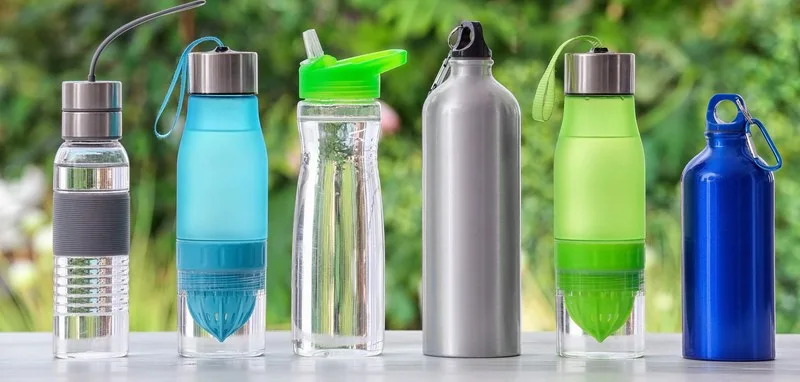by Mila McManus, MD
Drinking water to remain hydrated is foundational in a good health plan. More and more people are carrying water and setting personal hydration goals. Due to the increased focus on hydration, the marketing of hydration supplements is at an all time high. Is dehydration a common problem? Do we know how much water the human body really needs? Can we drink too much water?
8 X 8 Is A Myth
The popular rule of drinking eight glasses of water daily (a.k.a. the 8 x 8 rule) is not scientifically backed by research. Dr. Heinz Valtin of Dartmouth Medical School attributed it to Fredrick J. Stare, a renowned American Nutritionist from the early 20th century. Stare’s commentary on hydration was misinterpreted and incomplete. While he suggested drinking at least six glasses of water daily, he also remarked that most of this can be obtained from any beverage, fruits, and vegetables. In 1945, the Food and Nutrition Board recommended about 2.5 liters of water a day, with most of this quantity contained in the diet.
Enough is Enough
While clean hydration is essential, it’s a misconception that we must drink water all day. Valtin concludes that most people drink enough or even too much water. Exceptional circumstances where intentional hydration is important include strenuous physical activity, sauna use, long airplane flights, and dry, arid climates. However, drinking more water than the natural human thirst mechanism dictates may worsen athletic performance and destabilize sodium balances in the blood. It IS possible to waterlog the human body to a toxic degree, which can lead to swelling in the brain and even death.
Hydration is More Complex than Just Drinking Water
Many variables impact human hydration, including exercise, diet, climate, salt intake, genetics, ability to sweat, and stress. The human body has a highly effective mechanism called thirst that operates ahead of dehydration to inform you when water is needed. Respond accordingly by drinking liquids or eating water-rich sources such as fruits and vegetables. It’s wise to have water on hand.
Judging Your Hydration Status
Here are some simple steps to judge your hydration status:
- Look for clear urine. The brighter yellow or denser color of your urine, the more likely you are dehydrated. (Please note, though, that certain vitamins will continue to make your urine bright yellow)
- Pinch your skin. If it returns quickly to position, you are hydrated. If it does not, then you may be dehydrated.
- Listen to your body. Dry mouth, headaches, and hunger can be your body telling you to drink water.
- Limit water consumption with meals to avoid digestive issues. (water dilutes your digestive juices and enzymes)
- Increased exposure to heat and sweating may increase thirst. Be prepared.
Listen to your body. Drink when thirsty. Eat your vegetables. Be Well.
Resources:
https://medicalnewstoday.com/articles/318619#summary
https://articles.mercola.com/sites/articles/archive/2017/05/27/drink-8-glasses-of-water-myth.aspx


